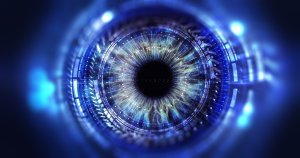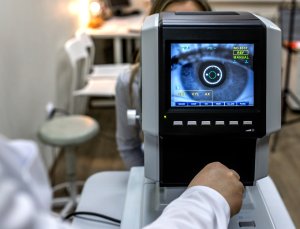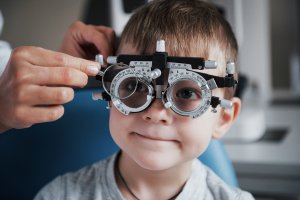What tests does a neuro ophthalmologist do?

Voted Best of Berks—
eight years in a row!

Working with your neurologist, our specialists conduct comprehensive evaluations and diagnoses of a wide range of systemic diseases that affect the eyes. Especially for patients with poorly defined visual symptoms or conditions that remain unresolved despite previous ophthalmic and neurologic evaluations, our experienced ophthalmologists can often help diagnose, and then treat, the problem.
Our ophthalmologists routinely work collaboratively with specialists across multiple disciplines to provide comprehensive, individualized neuro-ophthalmic care. For example, we work closely with Endocrinology, Neurology, Neuroradiology, Neurosurgery, Oncology, Otorhinolaryngology, Radiation Oncology, Stroke Care Specialists, among others.
Because neuro-ophthalmology is a subspecialty of both neurology and ophthalmology, preparing for your neuro-ophthalmology evaluation takes a bit of teamwork.
- Request that your treating physicians send all relevant information prior to your appointment, including office notes, results of laboratory tests and reports of CT and MRI scans.
- If you have had a CT or MRI scan performed, arrange to pick up the actual CD of the study and bring them with you to your appointment, or have the facility mail them in advance.
- You will probably have your pupils dilated during the visit. The eye drops last about 4 hours and will make things look bright and blurry up close. Have someone else drive you to the appointment and bring your sunglasses.
- In order for the physician to get a good look at your eyelids and to avoid ruining your appearance when the eye drops are administered, do not wear eye makeup.
- Bring a complete list of medications with you, including the name and dosage of prescription and over-the-counter medications.
Find a Doctor
Physician information including education, training, practice location and more.
Schedule an Appointment
Call 800-762-7132 or make an appointment online.





